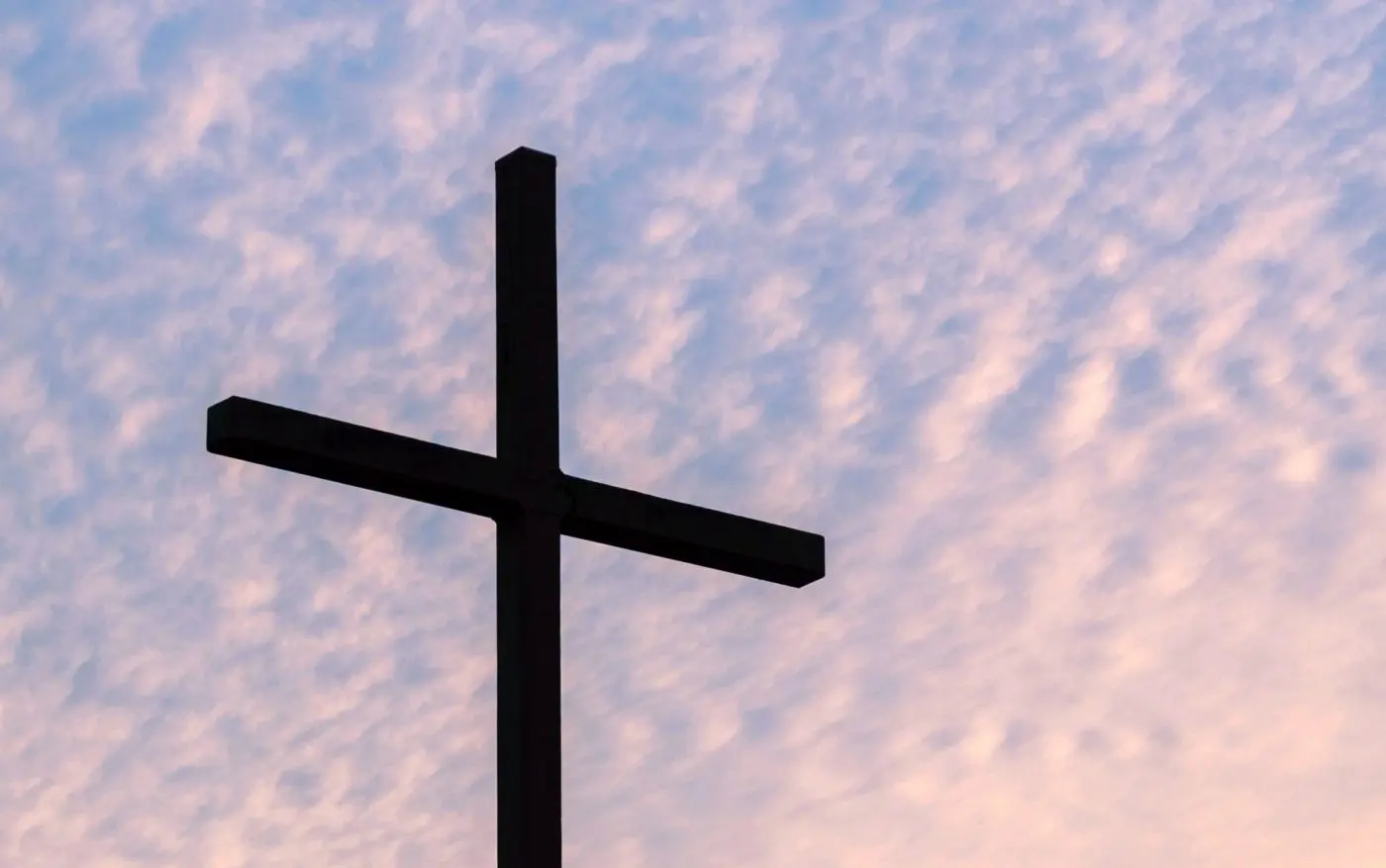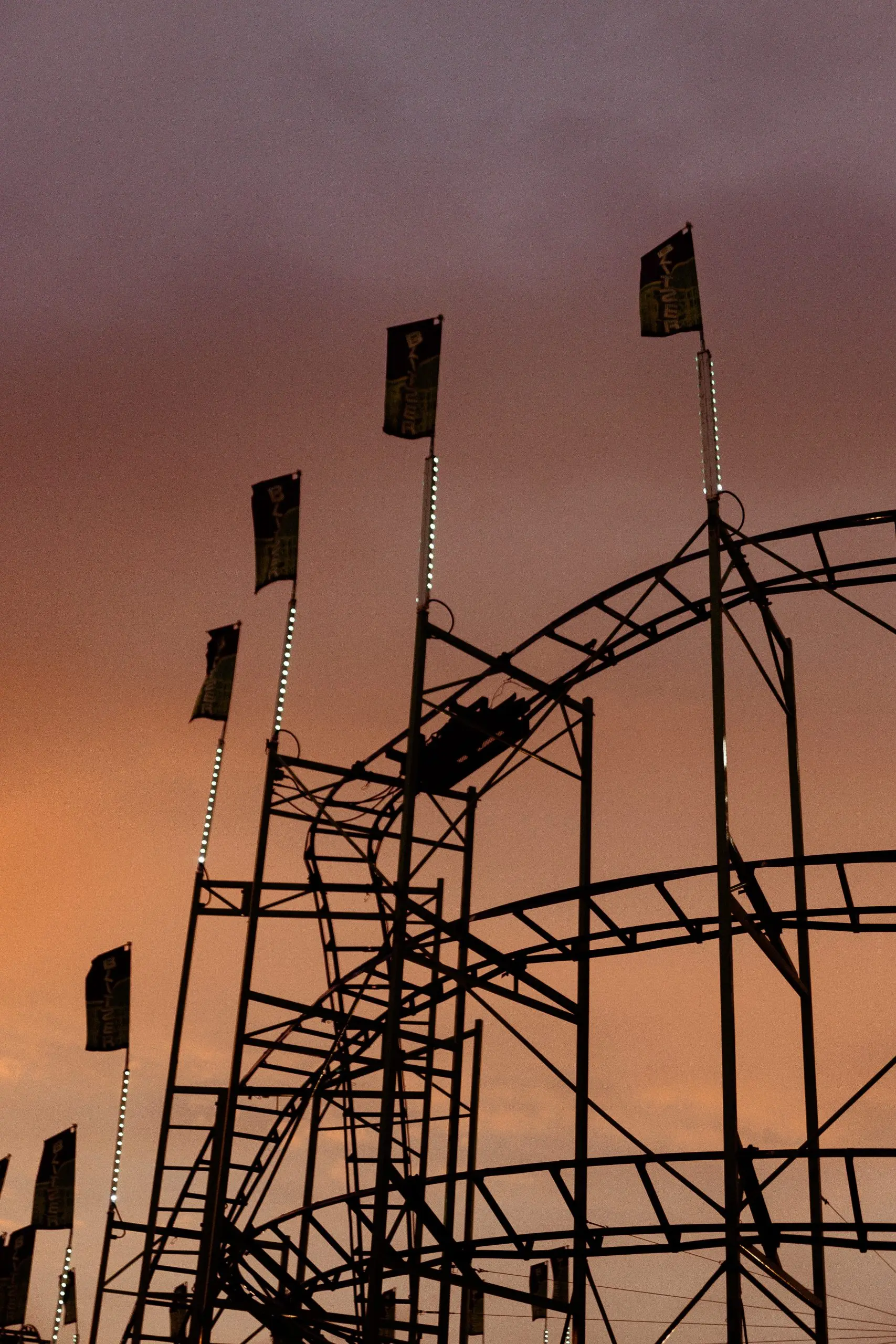Part 1 covered the nature of the resurrected body, as discussed in both the Old and New Testaments, as well as the nature of Christ’s resurrected body—which is the pattern for believers’ resurrected bodies. Here, we consider the believer’s resurrected body and its implications.
[lead]”We know that when He appears, we will be like Him” (1 John 3:2). [/lead]Although the nature of the believer’s resurrected body remains somewhat mysterious, verses such as this one from 1 John, combined with others (like Romans 6:5 and Philippians 3:21), assure us that our bodies will be like Christ’s resurrected body. They’ll be both real and glorified. They will not be the same as our old bodies, nor will they be entirely different.
An Analogy from Agriculture
First Corinthians 15 is the central passage on the bodily resurrection of the believer. In it, Paul provides a powerful illustration that would have resonated with his original, agrarian-society audience.
Earlier in this chapter, Paul speaks of two representative men—the first and last Adams. The first Adam (verses 21–22, 45) brought death, but the last Adam is the Redeemer who conquers death and brings life. Then he says this:
But someone may ask, “How are the dead raised? With what kind of body will they come?” How foolish! What you sow does not come to life unless it dies. When you sow, you do not plant the body that will be, but just a seed, perhaps of wheat or of something else. But God gives it a body as he has determined, and to each kind of seed he gives its own body. (1 Corinthians 15:35–38)
Paul is asking his readers to consider the miraculous transformation of a tiny seed into a full-grown plant. In the same way, he says, we will be transformed and glorified, and yet we will still be recognizable. There will be a substantial continuity between the present body and the resurrection body, just as there is continuity between a seed and a plant that grows from it.
There will be a substantial continuity between the present body and the resurrection body, just as there is continuity between a seed and a plant that grows from it.
Paul continues the sowing/reaping metaphor with a series of sharp contrasts between the present and resurrected bodies in verses 42–49 and 53–54:
- Perishable vs. imperishable
- Dishonor vs. glory
- Weakness vs. power
- Natural vs. spiritual
- Earthly vs. heavenly
- Mortal vs. immortal
Unlike our present bodies, our new bodies will not be frail. They will be characterized by great power and glory while remaining corporeal and substantial. The body will be of flesh but it will not be bound to the earth by its flesh, as we are now.
Goal and Implications
Why does any of this matter? Paul makes clear that a bodily resurrection is necessary to perfect mankind and reveal our sonship:
For the anxious longing of the creation waits eagerly for the revealing of the sons of God. (Romans 8:19).
When we are glorified, all restrictions will be removed so we can truly reflect the divine image and thus glorify God.
Here are some of the implications of our glorified, resurrection bodies:
- Spiritually, our propensity to sin will be taken away and we will be restored to perfect fellowship with the living God.
- Mentally, our ability to comprehend and grasp God’s truth will be increased.
- Emotionally, our passions will be pure and sinless. Our fellowship and love for God will be reflected in intimate love and complete unity among all believers.
- Physically, the troubles and distractions caused by the constant demands of weak and dying bodies will disappear.
When we receive our resurrection bodies, we will truly be like Christ. Then we will have real comfort, as we will be able to say with Paul:
Where, O death, is your victory? Where, O death, is your sting? … But thanks be to God, who gives us the victory through our Lord Jesus Christ. (1 Corinthians 15:55, 57)
Conclusion
I have come to think of heaven as endless creative active activity without frustration to the glory of God. Although this is only a component of the heavenly experience, it illustrates the fact that we will not be bored in heaven. Instead, our earthly experiences of creativity, intimacy, adventure, and beauty point beyond themselves to their ultimate fulfillment in our Father’s house. These are only hints of home, or what C. S. Lewis called “‘patches of Godlight’ in the woods of our experience” in Letters to Malcolm: Chiefly on Prayer. Conversely, our earthly experiences of disappointment, alienation, boredom, and ugliness are reminders that we are not home yet.
I think of heaven as endless creative active activity without frustration to the glory of God. …
We will not be bored in heaven. Instead, our earthly experiences of creativity, intimacy, adventure, and beauty point beyond themselves to their ultimate fulfillment in our Father’s house.
—Ken Boa
As we await our resurrected bodies, it is wise to view our earthly experience as that of a pilgrim, sojourner, stranger, or alien in exile in a fleeting world:
Therefore we do not lose heart, but though our outer man is decaying, yet our inner man is being renewed day by day. For momentary, light affliction is producing for us an eternal weight of glory far beyond all comparison, while we look not at the things which are seen, but at the things which are not seen; for the things which are seen are temporal, but the things which are not seen are eternal. (2 Corinthians 4:16–18)
[panel style=”primary” title=”Summary: The Resurrected Body” text_align=”left”]The Resurrection Body of Jesus Christ:
• Substantial
• Glorified
• Recognizable
• Perfect
The Resurrection Body of the Believer:
• Physical, consisting of glorified flesh
• Spiritual (empowered by the Spirit)
• Perfect body (cannot become diseased or die)
• Won’t require sleep (cannot be fatigued)
• Won’t require food (but can eat)
• Won’t marry or reproduce
• Recognizable
• Able to move instantly from place to place
• Brilliant, reflecting God’s glory
• Not subject to time and space restrictions
• Free from all sin
• Increased capacity to appreciate, worship, and understand God and His revelation (the mind will be freed from the errors and restraints caused by sin)
• Above the angels in God’s order (1 Corinthians 6:3)
• Will have supernatural abilities
• Each will be unique yet part of the body of Christ
• Able to be seen and touched, but may vanish or appear at will[/panel]
Take in the truths and mysteries of Scripture firsthand:
Read the entire “Resurrection chapter” from 1 Corinthians. [vector_icon icon=”fas fa-arrow-alt-circle-right”]
and/or
Consider memorizing 2 Corinthians 4:16–18 (one of my all-time favorite passages!). [vector_icon icon=”fas fa-arrow-alt-circle-right”]



